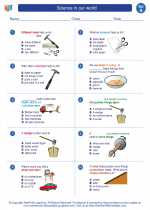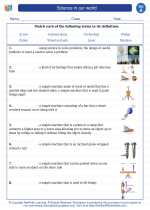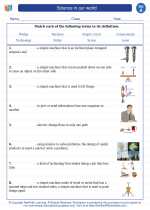Physiology Study Guide
What is Physiology?
Physiology is the study of how living organisms function, encompassing the mechanical, physical, and biochemical processes of living organisms.
Branches of Physiology
- Human Physiology: Focuses on the functioning of the human body.
- Animal Physiology: Explores the physiological processes of animals.
- Plant Physiology: Investigates the functioning of plants and their tissues.
- Cell Physiology: Examines the processes within and between cells.
Key Concepts in Physiology
- Homeostasis: The body's ability to maintain stable internal conditions despite external changes.
- Cellular Communication: The ways in which cells communicate with each other to coordinate bodily functions.
- Energy Production: How living organisms generate and utilize energy for various biological processes.
- Transport Mechanisms: The movement of substances within living organisms, such as oxygen and nutrients.
- Neurophysiology: The study of the nervous system and its function in controlling bodily activities.
Importance of Physiology
Understanding physiology is crucial for comprehending how the human body functions and how to maintain good health. It also forms the basis for medical and biological research, as well as advancements in medical treatments and technologies.
Common Misconceptions
- Physiology is only relevant to medical professionals.
- Physiology is only concerned with the human body.
By studying physiology, we gain a deeper understanding of life processes and the interconnected systems that sustain living organisms.
.◂Science Worksheets and Study Guides First Grade. Science in our world
Study Guide Science in our world
Science in our world  Worksheet/Answer key
Worksheet/Answer key Science in our world
Science in our world  Worksheet/Answer key
Worksheet/Answer key Science in our world
Science in our world  Worksheet/Answer key
Worksheet/Answer key Science in our world
Science in our world  Vocabulary/Answer key
Vocabulary/Answer key Science in our world
Science in our world  Vocabulary/Answer key
Vocabulary/Answer key Science in our world
Science in our world 

 Worksheet/Answer key
Worksheet/Answer key
 Worksheet/Answer key
Worksheet/Answer key
 Worksheet/Answer key
Worksheet/Answer key
 Vocabulary/Answer key
Vocabulary/Answer key
 Vocabulary/Answer key
Vocabulary/Answer key

The resources above cover the following skills:
PHYSICAL SCIENCE (NGSS)
Waves and their Applications in Technologies for Information Transfer
Students who demonstrate understanding can:
Use tools and materials to design and build a device that uses light or sound to solve the problem of communicating over a distance.